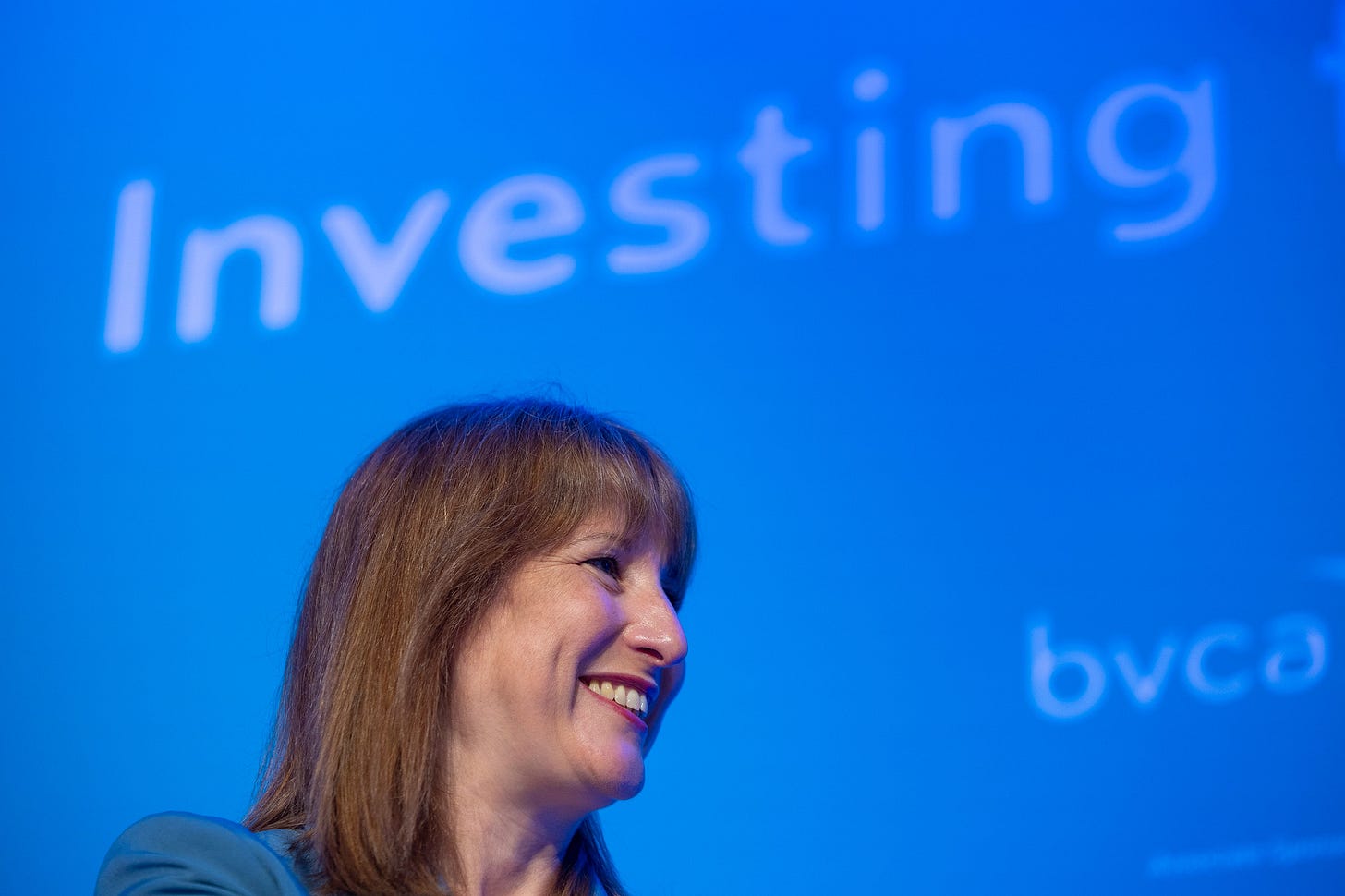The down-the-back-of-the-sofa Budget
Counting on a "smorgasbord" of narrow taxes is a hostage to fortune
The thing about fully realised human beings is that they possess agency. Rather than being passive creatures waiting to be moved around like pieces on a chessboard, they weigh up options and take actions depending on their needs and desires. They may not always respond in a strictly rational manner, but a good rule of thumb is when incentives change, behaviour is rarely far behind.
Pricing is one of the clearest examples of this phenomenon. When the price of a given product rises, consumers tend to buy less of it; when the price falls, they tend to buy more. There are notable exceptions, of course. Take Veblen goods, whereby high prices signal status and so increases can in fact drive demand. Meanwhile, certain goods have a higher elasticity of demand — so dearer plane tickets may sharply reduce bookings, but higher petrol prices may not reduce demand much.
Governments understand this. In fact, this fairly basic insight is leveraged in the rollout of so-called sin taxes and environmental levies. Think charges on cigarettes and sugary drinks, or congestion pricing. The aim isn’t necessarily to reduce instances of smoking or people driving into the centre of cities to zero. Some revenue would be handy! But price signals are being deployed to alter how people respond.
Oh, do behave
Of course, behavioural change can be a problem when it comes to tax rises. This is not about tax evasion, which is illegal. Instead, it is often (but by no means always) wealthier taxpayers, with their accountants and advisers, responding to even small changes to the tax system. This is a mere fact of life, but becomes a far bigger issue if you were, say, a government seeking to raise billions of pounds not by raising broad-based taxes, but through a “smorgasbord” approach.
Take pensions. At the Budget last autumn, Rachel Reeves announced that pensions would be subject to inheritance tax from April 2027. In one fell swoop, this transformed retirement pots from amongst the most efficient forms of tax planning, to one of the least. That is because many would-be beneficiaries may soon find themselves paying double tax, with an effective 67% rate for additional rate taxpayers.
For its part, the Treasury forecasts this change will bring in around £1.5bn a year by 2030. Yet it all rather depends on how people with large pension pots respond. Instead of continuing to plough more and more into their pensions, individuals are likely to change their behaviour. They will either spend the money, save it using other investment vehicles, or transfer it to their beneficiaries via other means, such as lifetime gifting.
Keep reading with a 7-day free trial
Subscribe to Lines To Take to keep reading this post and get 7 days of free access to the full post archives.



